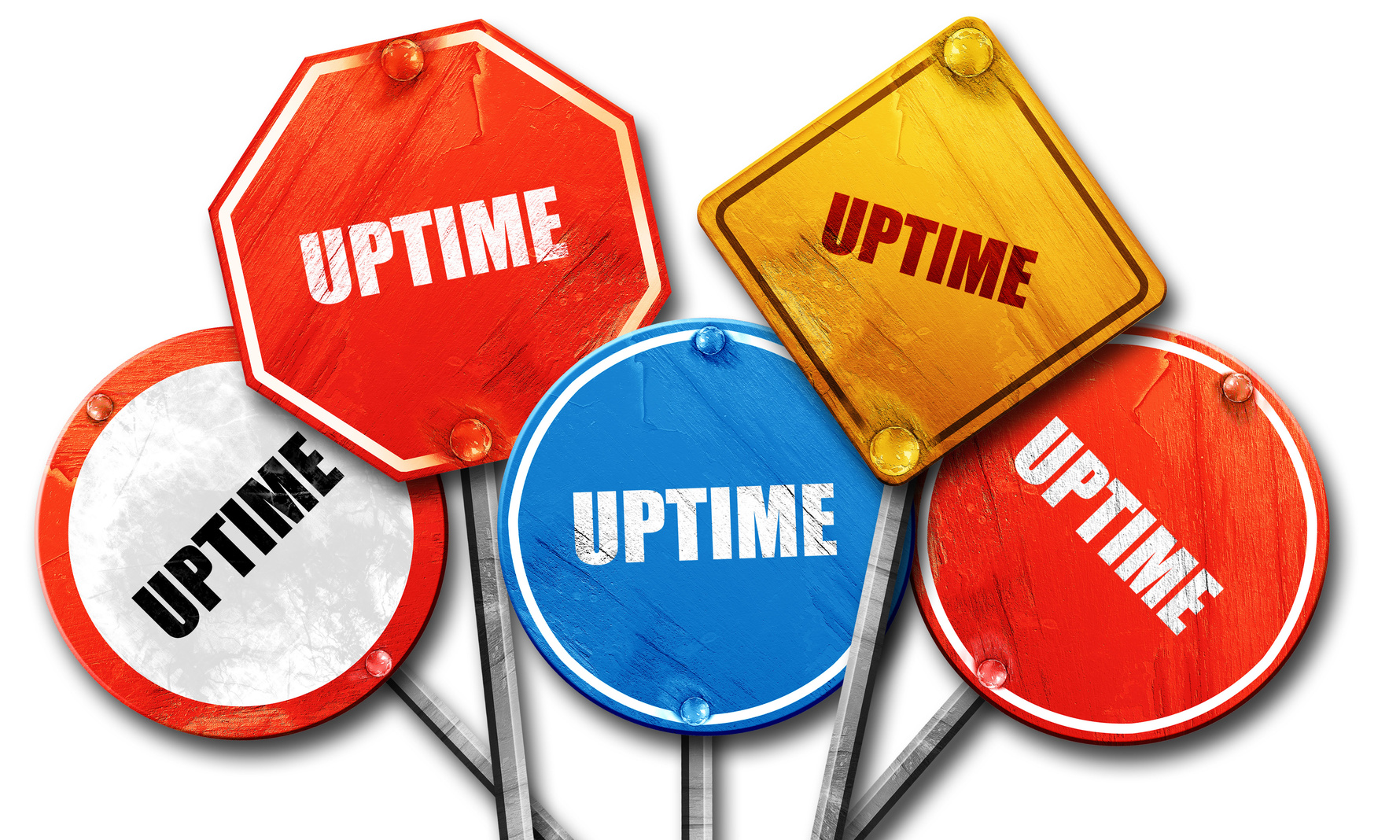Every business aims to be at the top of Google’s search results. And this growing competition means that business owners must be constantly prioritizing SEO.
Many assume that SEO is primarily about keywords, social marketing, and blogging. But server uptime has a huge impact on your rankings.
Read on to learn how downtime can kill your SEO, and what you can do about it.
How Server Uptime Impacts SEO
When your website is down, it won’t show up on Google.
But, when Google gets a query for content that relates to that website it won’t be able to find it.
That’s when bad things happen.
Consider this a one-way ticket to an SEO downgrade.
And, it also increases the websites bounce rate, which negatively impacts its authority.
This is why, when choosing a prospective host for your website, you need to pay close attention to the server uptime being advertised.
Server uptime is the amount of time you can expect your server to be up and running.
While most hosting providers will guarantee an uptime of 99.9%, that doesn’t necessarily mean it’s true. That’s why it’s important to check out reviews to see what existing customers are really saying.
Let’s have a look at a few other ways server uptime is important for both SEO and your customers.
Bad First Impressions
Even if you have a 99% server uptime, you’re still leaving money on the table.
Having 99% uptime means that within a month, your website will be down for around 7 hours.
Imagine how many potential customers have missed your site during that time!
Once a visitor has tried to visit your site, only to find that it’s down, are they likely to return?
And, when they press the back button to go back to the search results, that tells Google that your website isn’t helpful.
Sending Customers to Your Competitors
Whether you’re attracting customers to a landing page or an eCommerce site, a website that isn’t online simply can’t be used.
Every time a potential customer tries and fails to access your site, they simply go back to Google and visit your competition instead. As this happens hundreds or thousands of times, you’re helping your competitors make money and move up the search results.
The last thing your business needs is a bad reputation for uptime.
And, we only need to look at the outage of Amazon Web Services to see how customers react. The outage also impacted Business Insider, Airbnb, and Netflix, all of which experienced either total failure or poor performance.
Less Content
One of the best ways to improve your SEO is through the creation of content. This includes blog posts, website updates, and more.
Search engines love new content, and, it’s also important if you’re establishing your business as an authority within the industry.
The problem? When your website is constantly down, there’s no way for you to update this content.
This can make your content marketing an exercise in frustration.
How to Reduce Website Downtime
As you can see, server uptime has a huge effect on your website’s SEO. And that, in turn, impacts how many visitors you get to your website, how many of those visitors turn into leads, and how many leads turn into conversions.
So, it’s critically important that you do everything you can to prevent website downtime.
Here’s how to do it properly.
Choose a Web Host You Can Trust
These days, every business needs a strong online presence. And, choosing a web host based solely on price can be a recipe for disaster.
The first step is to know what you need from your web host. Here are some things to think about:
- What type of website do you have?
- Do you need Windows apps?
- Does your website use special software?
- How much traffic do you usually get?
Of course, you’ll also need to think about the future. If you’re planning a new content marketing strategy or sale, you’ll need to anticipate more traffic.
If you’re launching a new website, a trustworthy shared hosting account can do the job.
These are usually inexpensive, easy to maintain, and more than sufficient for new sites. And, you can always upgrade as your site grows.
Once you’ve thought about your needs, it’s time to compare web hosts. Look for a server uptime of at least 99.5%, and don’t consider anything less than 99%.
You can find this information by reading web hosting reviews and comparing the sites you’re considering.
Monitor Your Website
If you don’t know that your website is continually down, you have no way to fix the problem. That’s why it’s so important to get reliable website monitoring.
This will allow you to receive notifications via phone, SMS, and email whenever your website goes down. You’ll instantly know if there’s a problem with your site or if your server uptime is unacceptable.
With regular monitoring, you can know if your web host is doing its job, or if you need to switch to a new provider.
This will increase your conversions and ensure that your SEO is not negatively impacted due to downtime.
Play the Field
It can be tempting to sign up to a web host for a year or two. And, sure enough, most web hosts offer steep discounts when you “buy in bulk.”
But, if you’re locked into a contract, it’s much harder to switch if the server uptime isn’t cutting it.
Instead, see if you can pay month by month or a few months at a time. That way you can simply switch to a new provider if you’re not happy.
Avoid Website Downtime
Uptime can have a massive impact on your SEO and search ranking.
If you’ve noticed that your SEO efforts are not being rewarded, you may need to check how often your website is down.
And, if your website has an unacceptable server uptime, don’t despair. It’s possible to turn it all around with a reputable web host and a great website monitoring service.
Get in touch today to learn how we can help.




